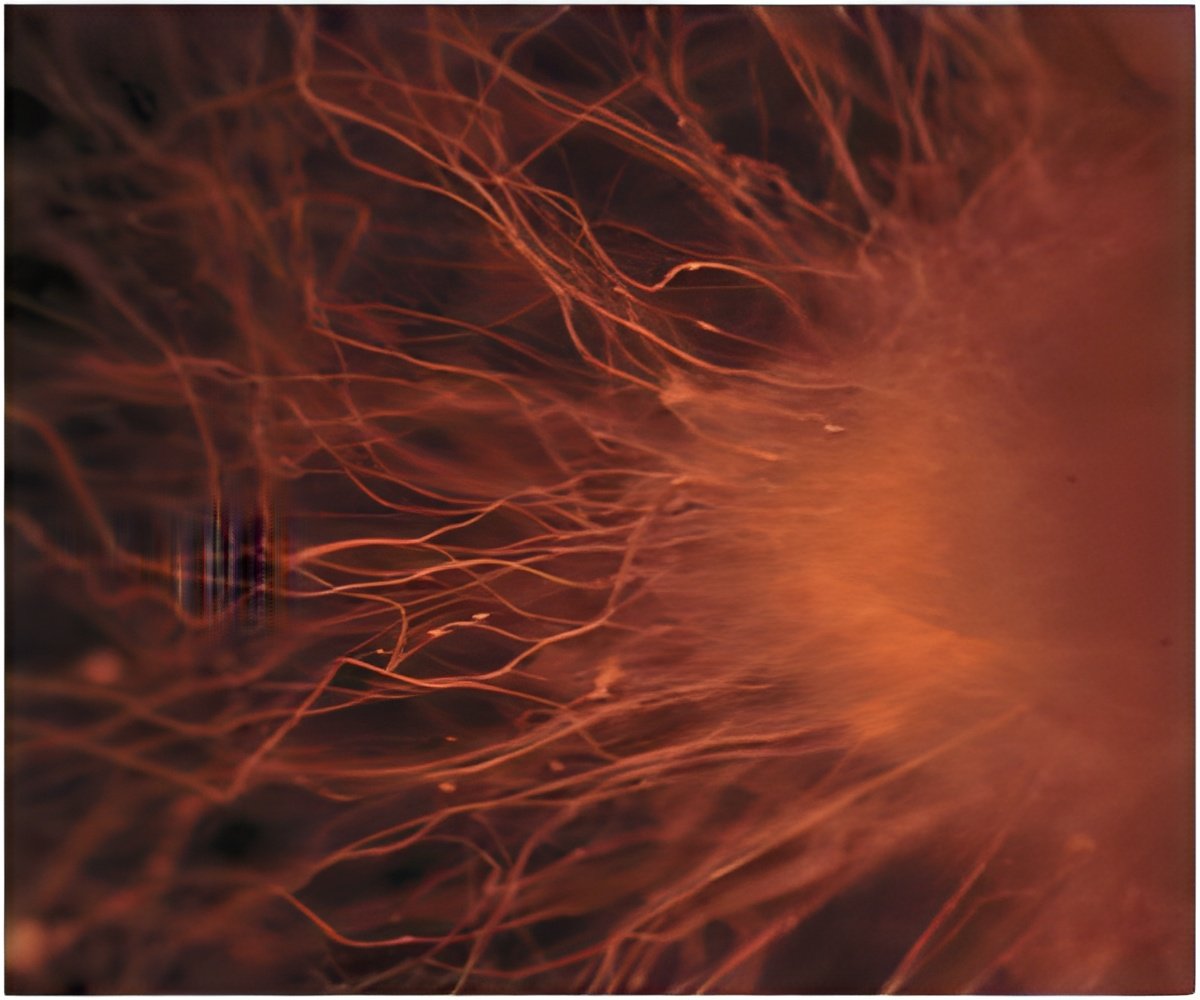Heart muscle that is lost due to a heart attack cannot be replaced. This finding while disappointing settles a long-standing controversy.

For two decades researchers and clinicians have searched for cardiac stem cells, stem cells that should reside in the heart muscle and that could repair the heart muscle after a myocardial infarction. Multiple research groups have claimed the definitive identification of cardiac stem cells, yet none of these claims have held up. See for instance the following recent press release: "US governments halts heart stem-cell study". The existence of cardiac stem cells and their significance for adult hearts remains therefore heavily debated.
To solve this debate, researchers from the Hubrecht Institute in Utrecht, the Amsterdam University Medical Center, the École Normale Supérieure (ENS) de Lyon and the Francis Crick Institute London, led by Hans Clevers, focused on the broadest and most direct definition of stem cell function in the mouse heart: the ability of a cell to replace lost tissue by cell division. In the heart, this means that any cell that can produce new heart muscle cells after a heart attack would be termed a cardiac stem cell.
The study establishes that many types of cells divide upon damage of the heart, but that none of these are capable of generating new heart muscle. In fact, many of the 'false leads' of past studies can now be explained: cells that were previously named cardiac stem cells now turn out to produce blood vessels or immune cells, but never heart muscle. In other words, heart muscle that is lost due to a heart attack cannot be replaced. This finding -while disappointing- settles a long-standing controversy.
The authors make a second important observation. Connective tissue cells (also known as fibroblasts) that are intermingled with heart muscle cells respond vigorously to a myocardial infarction by undergoing multiple cell divisions. In doing so, they produce scar tissue that replaces the lost cardiac muscle. While this scar tissue contains no muscle and thus does not contribute to the pump function of the heart, the fibrotic scar 'holds together' the infarcted area. Indeed, when the formation of the scar tissue is blocked, the mice succumb to acute cardiac rupture. Thus, while scar formation is generally seen as a negative outcome of myocardial infarction, the authors stress the importance of the formation of scar tissue for maintaining the integrity of the heart.
Source-Eurekalert













